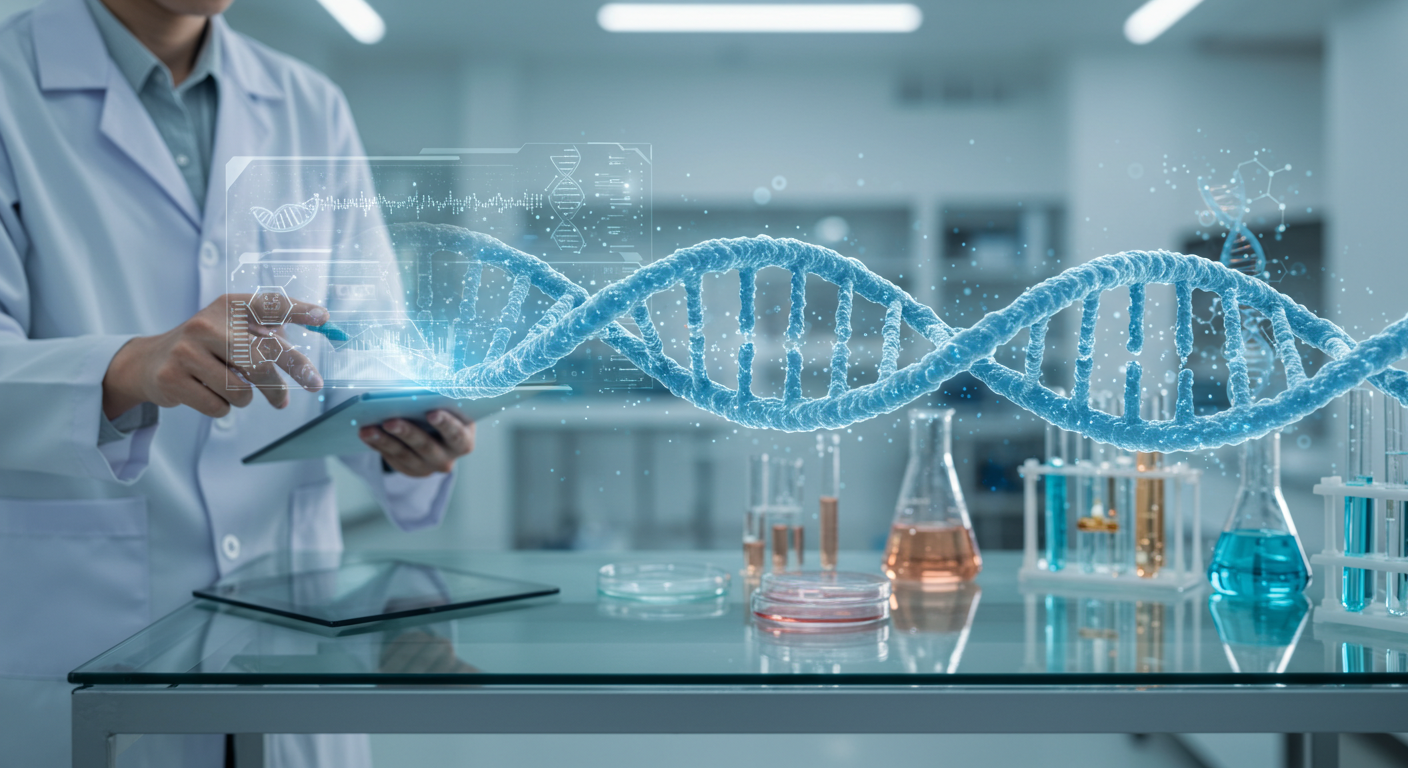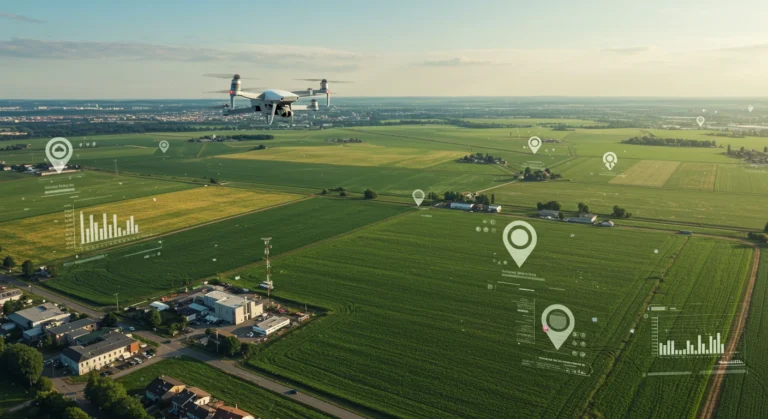Biotechnology & Genetic Engineering: Understanding the Science Shaping Our Future
Introduction
From life-saving medicines to genetically modified crops, biotechnology and genetic engineering are transforming the way we live, eat, and heal. These powerful fields of science are helping us understand life at a molecular level and giving us tools to modify it for the better.
In this guide, we’ll explore what biotechnology and genetic engineering are, how they work, real-world applications, ethical questions, and what the future holds.
Table of Contents
What Is Biotechnology?
Biotechnology is a broad area of biology that uses living organisms or their systems to develop or make useful products. It’s used across many sectors, including healthcare, agriculture, and industrial manufacturing.
Examples of biotechnology include:
- Producing insulin using genetically modified bacteria
- Creating vaccines like mRNA-based COVID-19 shots
- Developing enzymes for cleaning or waste management
Modern biotechnology often overlaps with genetic engineering, especially when altering the DNA of organisms.
What Is Genetic Engineering?
Genetic engineering is a specific area within biotechnology that involves directly modifying the DNA of an organism. This is done to enhance desired traits or eliminate undesired ones.
Common methods include:
- CRISPR-Cas9: A precise, programmable method of cutting and editing DNA
- Gene cloning: Making copies of specific genes
- Gene insertion: Adding a gene from one organism into another (transgenic organisms)
Genetic engineering is used in medical research, drug development, food production, and more.
How Genetic Engineering Works
The basic process involves:
- Identifying a desirable gene (e.g., for drought resistance)
- Isolating that gene using molecular tools
- Inserting it into the DNA of a target organism (often using bacteria or a virus as a carrier)
- Allowing the organism to grow and express the new gene
CRISPR has revolutionized this process by allowing scientists to “cut and paste” DNA with unprecedented accuracy.
Applications in Medicine
Genetic engineering and biotechnology have dramatically changed modern medicine:
🧬 Gene Therapy
- Corrects defective genes responsible for disease
- Used in treatments for conditions like sickle cell anemia, hemophilia, and rare genetic disorders
💉 Vaccine Development
- DNA and RNA-based vaccines (e.g., Moderna and Pfizer COVID-19 vaccines)
- Faster and more adaptable to future outbreaks
🧪 Biopharmaceuticals
- Human insulin, growth hormones, and monoclonal antibodies are made using genetically engineered cells
🧫 Personalized Medicine
- Genetic profiles are used to tailor treatments for individual patients
Applications in Agriculture
Genetic engineering has helped develop crops that are:
🌾 Resistant to Pests and Disease
- Reduces need for chemical pesticides (e.g., Bt corn)
💧 Drought-Resistant
- Helps crops grow in arid environments
🍅 Nutrient-Enhanced
- “Golden rice” is fortified with Vitamin A to combat malnutrition
🚜 Higher-Yield
- Improves food production to meet growing global demand
Despite concerns, GMOs have helped increase food security in many regions.
Biotechnology in Industry and Environment
Biotech is also applied in industrial and environmental settings:
🧼 Industrial Enzymes
- Used in detergents, food processing, paper, and textiles
♻️ Bioremediation
- Genetically engineered microbes clean up oil spills and toxic waste
🔋 Biofuels
- Engineered algae and bacteria produce renewable energy sources like ethanol and biodiesel
These innovations help reduce pollution and reliance on fossil fuels.
Risks, Ethics, and Regulation
⚠️ Risks
- Unintended consequences in ecosystems
- Gene edits passed on to future generations (germline editing)
- Bioweapons or misuse
🤔 Ethical Concerns
- Should we edit human embryos?
- Who decides what traits are “desirable”?
- Equity and access to biotechnology
📜 Regulation
- Most countries regulate biotech through strict testing and approvals
- Global frameworks like the Cartagena Protocol oversee GMO safety
Public awareness and ethical oversight are crucial to responsible advancement.
The Future of Genetic Engineering
The future of biotech and genetic engineering includes:
- Curing inherited diseases with advanced gene therapies
- Lab-grown organs and tissues using stem cells and genetic tools
- Synthetic biology: creating entirely new biological systems
- Agriculture 4.0: smart farms using gene-edited crops and AI
These technologies will likely become more precise, accessible, and integrated into daily life.
Final Thoughts
Biotechnology and genetic engineering are shaping the future of medicine, agriculture, and sustainability. While they bring incredible opportunities, they also raise important ethical and societal questions.
Understanding how these technologies work and how they are applied helps us make informed decisions about our health, environment, and future.
🔗 Return to Encyclotech Home
Pinterest : Encyclotech







